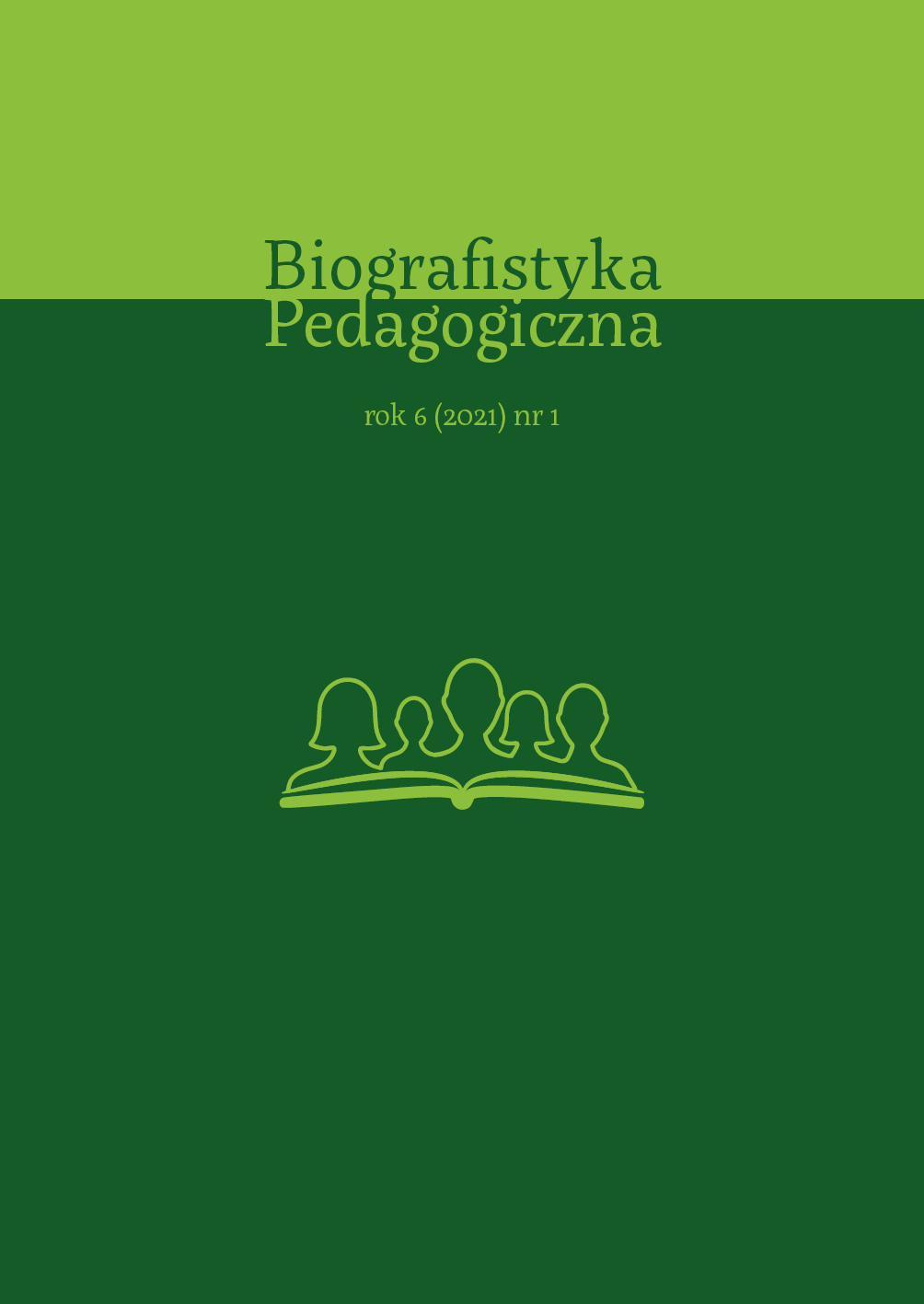Ostap Makarushka’s (1867–1931) Contribution To the Development of the Theory of Education
Ostap Makarushka’s (1867–1931) Contribution To the Development of the Theory of Education
Author(s): Marija CzepilSubject(s): Social Sciences, Education, History of Education, Pedagogy
Published by: Akademia Zamojska
Keywords: Ukrainian pedagogy; theory of education; Ostap Makarushka; universal and national values; educational institutions; Galicia
Summary/Abstract: The article describes the conceptual principles of education in the creative her-itage of the Ukrainian educator, scholar, public and cultural fi gure Ostap Makarushka (1867–1931). His pedagogical legacy is a valuable source of knowledge for teachers and parents, where one can fi nd answers to a wide range of questions on the problems of the education of young Ukrainians. The scholar wrote the fi rst Ukrainian-language textbook on pedagogy, ‘Science of Education’ (1922), which substantiated the theoret-ical foundations of education. The focus was on the purpose and tasks of pedagogy, its theoretical and practical sources, and the content of the concept of ‘education’ as a natural necessity of preparing young people for future life. Valuable for the theory and practice of education is the age-based periodisation of a child’s upbringing, which covers the three periods of physical and spiritual development from birth to reaching civic maturity; the idea of nationality (education in each country acquires a national character; education at school should be national, based on the traditions and culture of the people); taking into account gender diff erences in the upbringing of girls and boys; the basic principles of education (the natural inclinations of the child, temperament, the physical abilities that determine the direction and means of education; the place of birth [the country/town], nature, environment, life circumstances, etc., and educa-tional institutions [family, school and church]), which should harmoniously influence the upbringing of young people, complement each other, and form respect and esteem in young people. The ideas of truth, goodness and beauty are pervasive in the educa-tion of young Ukrainians. War has a negative eff ect on the upbringing of young people; it is an inhumane way of solving problems. The means of patriotic education are games, subjects, folk festivals, walks, and others.
Journal: Biografistyka Pedagogiczna
- Issue Year: 6/2021
- Issue No: 1
- Page Range: 161-176
- Page Count: 16
- Language: English

